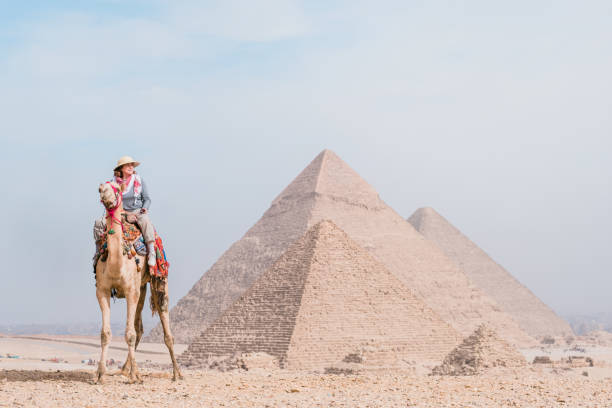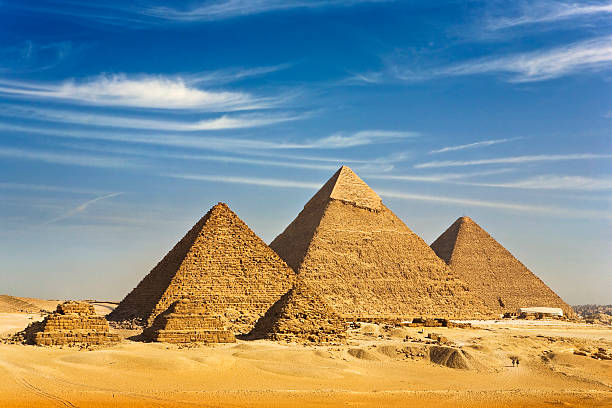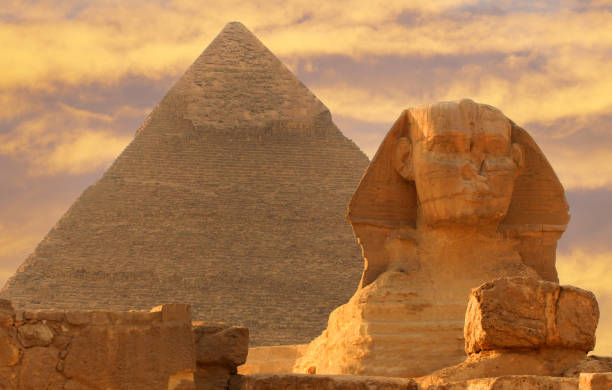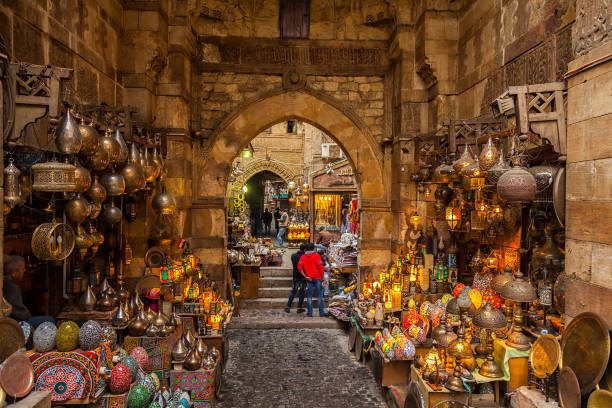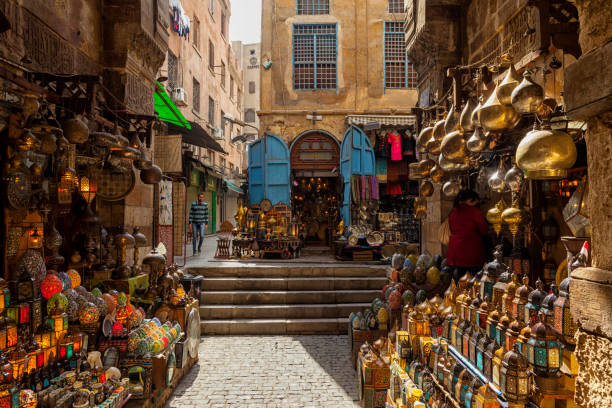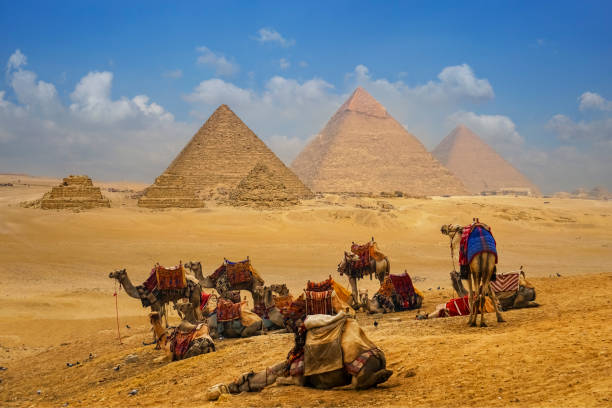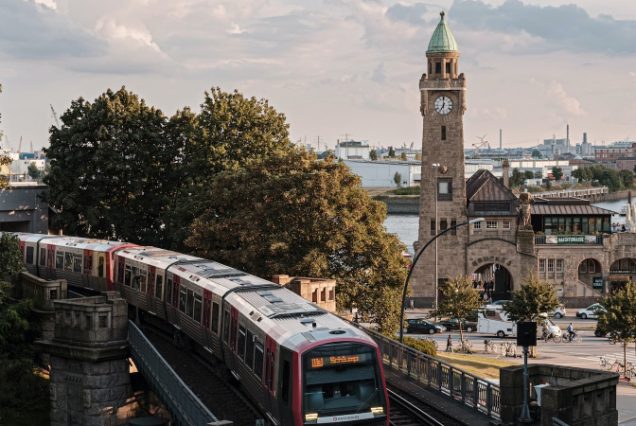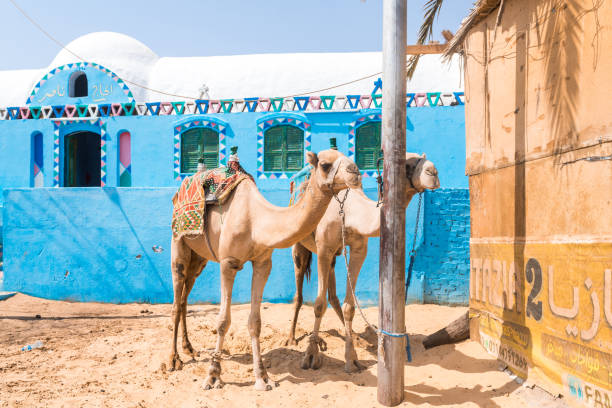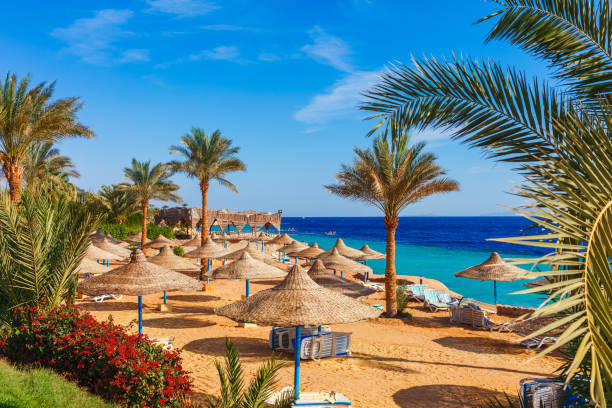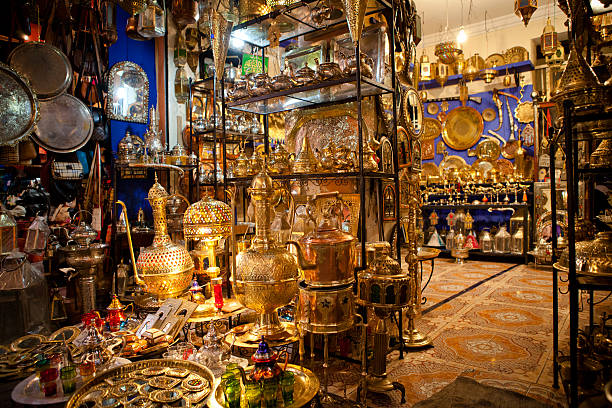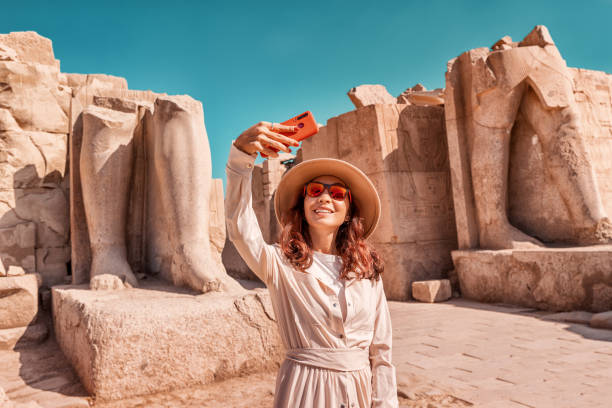Overview
Cairo is the capital and largest city of Egypt, located near the Nile Delta. Here are some key points about Cairo:
Historical Significance: Cairo has a rich history dating back to ancient times. It was founded in the 10th century BCE and has served as the capital of various Egyptian civilizations, including the Fatimid Caliphate, the Ayyubid dynasty, and the Mamluk Sultanate.
Landmarks and Monuments: Cairo is home to several iconic landmarks and monuments, including the Great Pyramids of Giza, one of the Seven Wonders of the Ancient World, and the Sphinx. Other notable sites include the Egyptian Museum, which houses a vast collection of ancient artifacts, and the Citadel of Cairo, a medieval Islamic fortification.
Islamic Architecture: Cairo is renowned for its Islamic architecture, with mosques, madrasas (Islamic schools), and mausoleums dating back to the medieval period. Notable examples include the Mosque of Ibn Tulun, the Al-Azhar Mosque, and the Sultan Hassan Mosque.
Cultural Hub: As the cultural and artistic center of Egypt, Cairo is home to theaters, art galleries, and cultural institutions showcasing Egyptian heritage and contemporary arts.
Population and Diversity: Cairo is one of the most populous cities in Africa and the Arab world, with a diverse population representing various ethnicities, cultures, and religions.
Urban Development: Cairo is a bustling metropolis with a mix of modern and traditional neighborhoods. The city has experienced rapid urbanization and development, leading to challenges such as traffic congestion and pollution.
Economic Center: Cairo is the economic hub of Egypt, home to various industries including finance, manufacturing, and tourism. The city’s strategic location on the Nile River and its historic significance make it a major center for trade and commerce.
Education and Research: Cairo is home to several universities and research institutions, including Cairo University, one of the largest and oldest universities in the Middle East.

